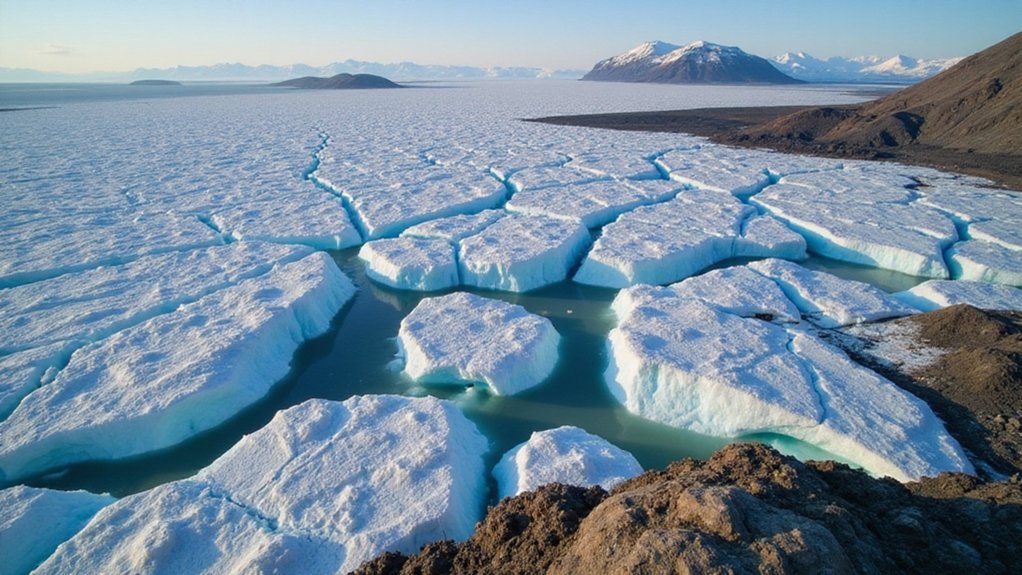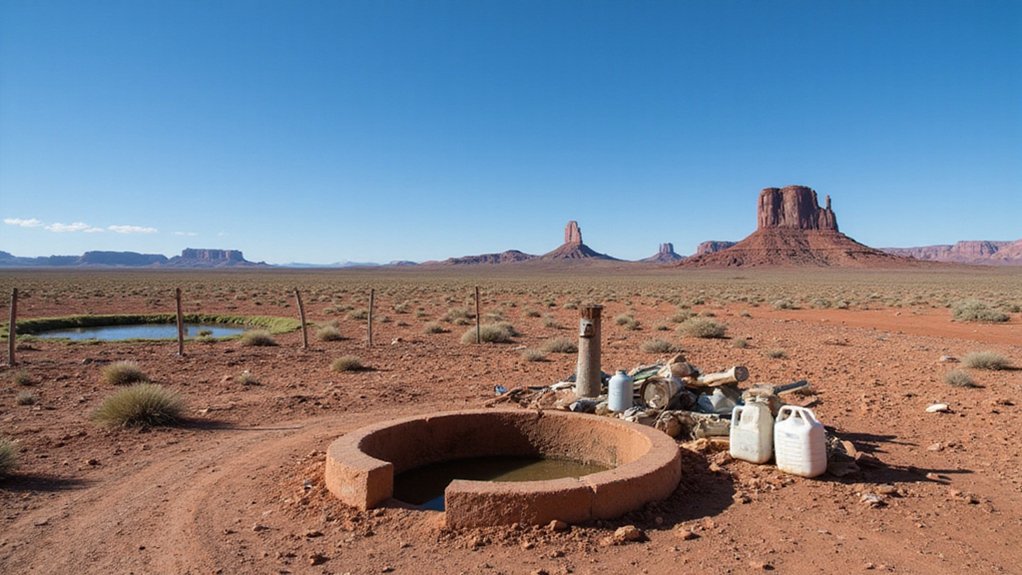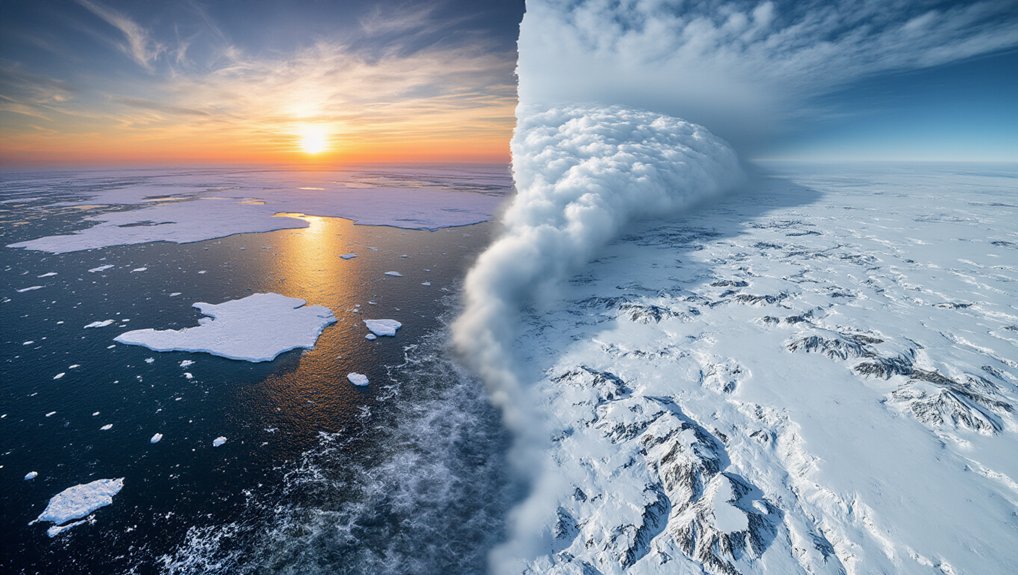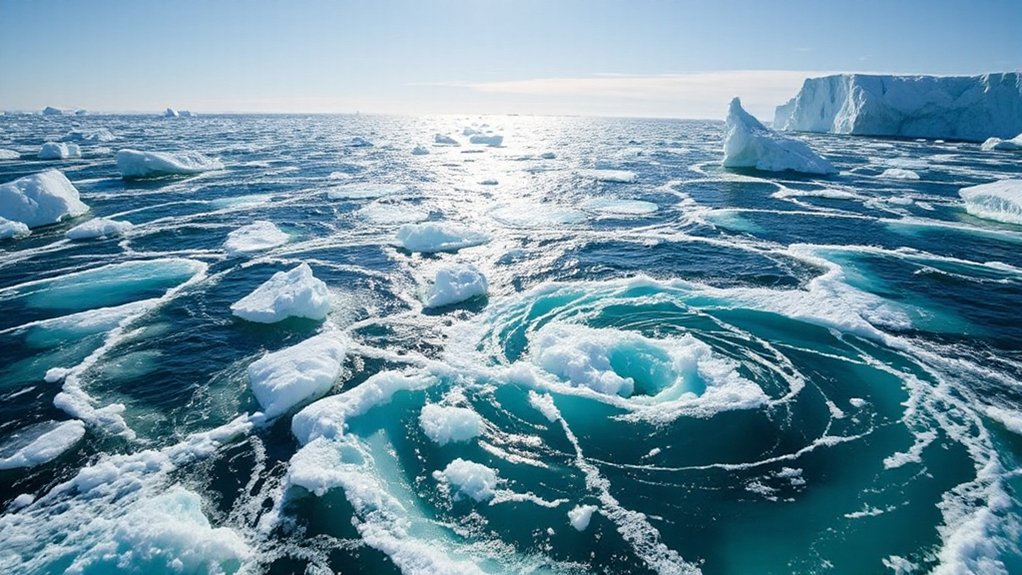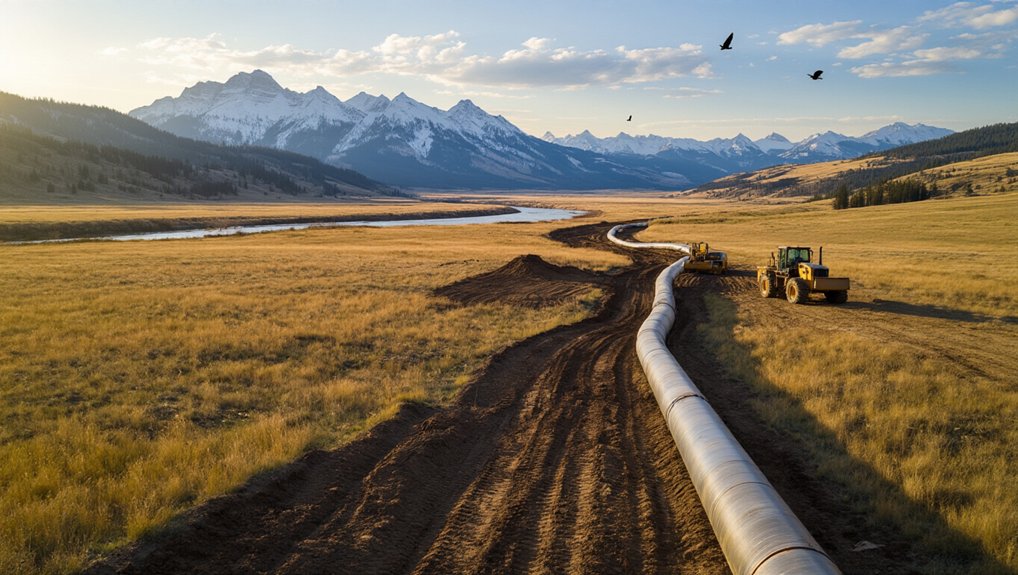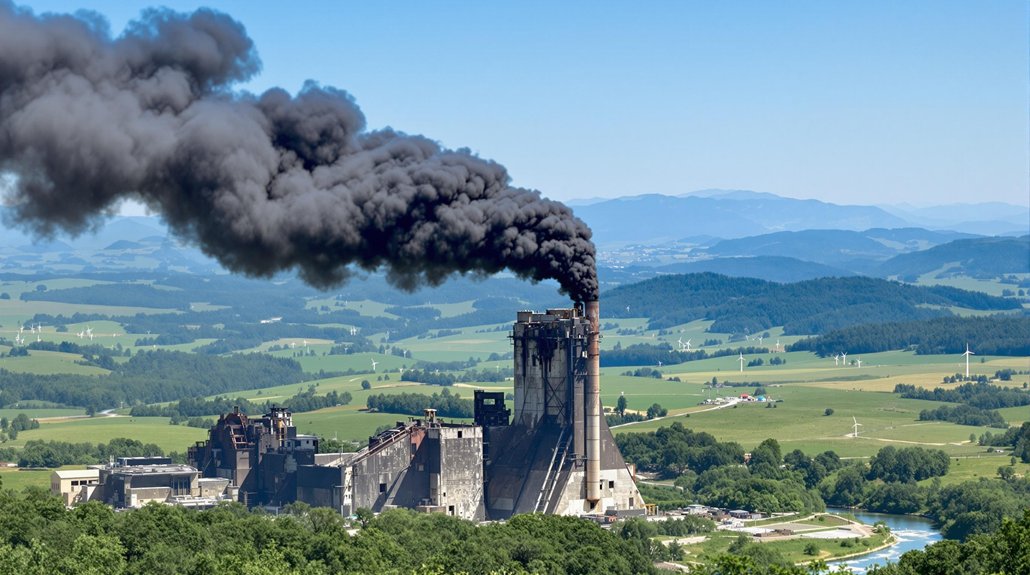Why aren’t we panicking yet? Global temperatures in April 2025 hit 1.22°C above pre-20th century levels. The world just recorded its hottest day ever. And 2024? Hottest year in history, blazing past that dreaded 1.5°C mark scientists have been warning about.
Still, most people keep scrolling through social media, ordering takeout, and planning vacations like nothing’s happening.
Life’s business as usual while the planet burns. We scroll, consume, and somehow keep ignoring the smoke signals.
It’s the classic “frog in boiling water” situation. Climate change creeps up slowly – a heat wave here, a flood there – making immediate risks practically invisible to everyday folks. One day it’s a news alert about historic wildfires, the next it’s buried under celebrity gossip. Not exactly helping our collective attention span.
The science is clear but often sounds like a foreign language to most people. Who has time to decode complex climate models between work and Netflix? Plus, climate change gets conveniently tucked away as something happening “elsewhere” or “later” – perfect recipe for kicking that carbon can down the road.
Meanwhile, economists are screaming about a potential 11-14% reduction in global GDP by mid-century. That’s not just numbers on paper. That’s jobs, homes, livelihoods. Gone.
The pattern is frustratingly predictable. Disaster strikes, everyone’s suddenly an environmentalist for two weeks, then it’s back to business as usual. Young people are freaking out while their grandparents debate if it’s even real. Gotta love those Thanksgiving dinner conversations.
Schools in Europe and parts of Asia are at least trying to teach kids about this mess, while curriculum elsewhere remains spotty at best. Facts alone don’t cut it – people need stories they relate to, delivered by someone they trust. Not some scientist with a PowerPoint.
The clock’s ticking. There’s a 70% chance we’ll exceed 1.5°C for the next five years straight. The irony is that renewables have finally surpassed coal generation in the US power sector, showing solutions exist but aren’t being implemented quickly enough. While we debate and delay, vulnerable communities are already paying the price. They can’t afford our collective climate blindness. The Arctic region is experiencing warming rates 3.5 times higher than the global average, creating dramatic changes in ecosystems most of us never visit. Meanwhile, drought conditions now last 23 more days annually compared to pre-industrial times, yet this creeping change remains largely unnoticed in our daily lives.
References
- https://greenplaces.com/articles/50-essential-sustainability-statistics-for-2025/
- https://www.germanwatch.org/sites/default/files/2025-02/Climate Risk Index 2025.pdf
- https://wmo.int/news/media-centre/global-climate-predictions-show-temperatures-expected-remain-or-near-record-levels-coming-5-years
- https://charitydigital.org.uk/topics/climate-change-facts-you-need-to-know-in-2025-10655
- https://climatepromise.undp.org/news-and-stories/worlds-largest-survey-climate-change-out-heres-what-results-show
